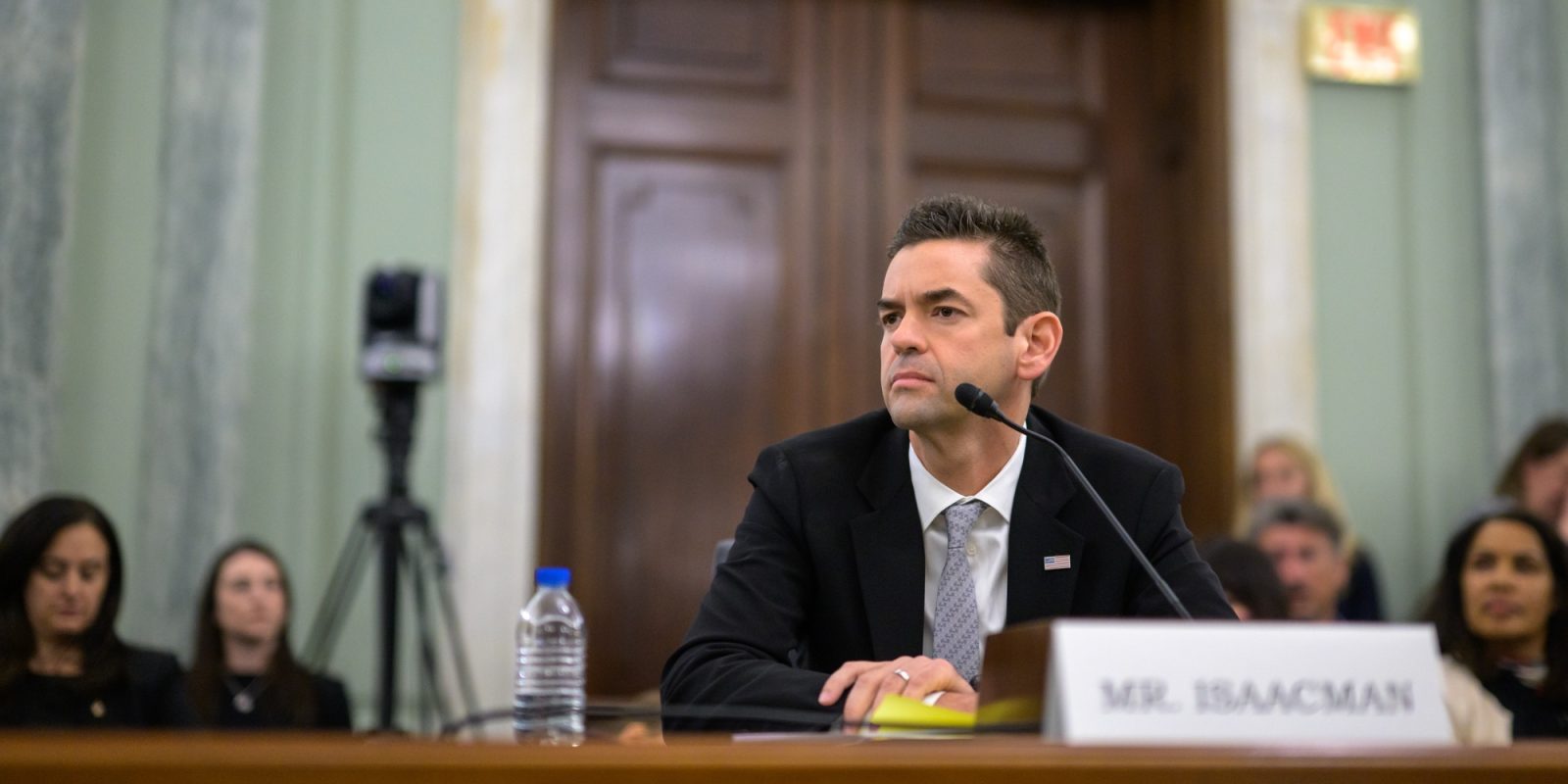
The Senate Committee on Commerce, Science, and Transportation will vote on Jared Isaacman‘s confirmation as NASA’s next Administrator on Wednesday. Both the Committee’s Republicans and Democrats released Isaacman’s written questions, so here’s what he thinks about some of the key issues facing NASA right now.
NASA layoffs
President Trump’s administration has set a mission to reduce the federal workforce as much as possible, most notably through Elon Musk and his Department of Government Efficiency. Musk has offered employees buyouts and has also shut down agencies they believed to have been wasteful. Currently, the government’s required Reduction in Force assessments are being done government-wide, including at NASA.
Isaacman attempted to skirt a direct answer to questions asked on the topic, as not all Senators, from both parties, are in favor of the layoffs. However, when asked directly if he would follow any directions from the White House to complete them, he said he would complete the plans.
Democrats asked if these layoffs would hurt NASA’s ability to recruit highly skilled workers in the future, to which Isaacman responded, “If NASA is working on what no other organization on Earth can accomplish—world-changing missions—I believe it will continue to attract and retain the talent it needs to succeed.”
Moon vs Mars
It was not a hidden note that Congress is expecting NASA to return to the Moon and provide a sustained presence; they are the ones that wrote the law requiring it, after all. However, President Trump’s interest in Mars, which Elon Musk is helping boost with promises he cannot keep, has made many worry that Artemis will be canceled.
Isaacman, however, is determined to keep Artemis and NASA’s return to the Moon a reality, although he also wants to keep his boss happy by promising a mission to Mars. While Isaacman believes it is possible to focus on both missions, referring back to when NASA managed the Mercury, Gemini, and Apollo programs all at once, budgets might not allow it. NASA’s budget in the 1960s was regularly two to three times higher, adjusted for inflation; at best, NASA might see its budget remain the same.
Isaacman, in response to a question about which he would prioritize given budgetary constraints, chose Artemis and the Moon, as he believes there are still plenty of technologies that can be developed there that would also be useful for Mars.
He has even gone as far as to promise Artemis would continue unchanged for Artemis 2 and 3, using Boeing’s SLS rocket and Orion, even if he believes they’re overpriced and can be replaced with commercial options afterwards.
NASA Science funding
The recent NASA funding reports show that NASA Science could see a nearly 50% reduction in budget across its programs. Overall, NASA would face about a $5 billion budget cut. The reduction would result in canceled programs, closed centers, and billions of taxpayer dollars wasted.
Isaacman playing the political card also came out in support of NASA science being funded and not canceling massive projects like the nearly completed Nancy Roman Space Telescope. In response to the new budget, Isaacman said, “a ~50% reduction to NASA’s science budget does not appear to be an optimal outcome.”
Isaacman has supported almost every motion that Senators have brought forward, with only minimal pushback on sustaining a presence at the Moon. It doesn’t take an expert to know that wanting to do everything, a new push for Mars exploration, and a smaller budget and potential workforce means something has to give.
Isaacman is an avid spaceflight and science enthusiast, and he likely means what he says in these testimonies, and there is nothing that makes me believe otherwise. However, if funding is dropped at NASA for 2026, programs will have to be cut, and it will be interesting to see how much he can actually save with the efficiency boost he is promising.
FTC: We use income earning auto affiliate links. More.




Comments